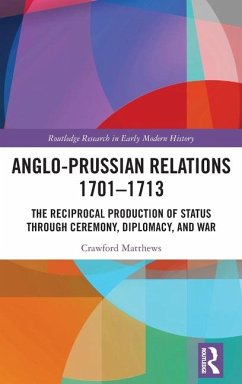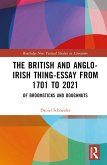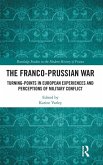In 1701, Frederick I crowned himself the first King in Prussia. This title required a process of royal status construction in conjunction with other European rulers, and Frederick found his most willing partners in the English monarchy. This volume examines their ceremonial and military cooperation.
Diplomatic ceremonial was the medium through which the English state and its representatives recognised the new royal rank of the Hohenzollern dynasty. In exchange, Frederick engaged in extensive military cooperation with the English in the War of the Spanish Succession. Yet English statesmen and diplomats also instrumentalised Anglo-Prussian relations for their own status production, furthering their careers and elevating their rank via the symbolic construction of Prussian royal dignity. This book investigates this reciprocal construction of status and rank, exploring the aims and actions of actors involved, and assessing the extent to which they succeeded. Consequently,this book represents an actor-centred work of 'new diplomatic history' that simultaneously reinterprets the reign of Frederick I and assesses a crucial yet understudied chapter in the rise of Prussia.
This book will appeal to scholars and students of early modern diplomatic history, as well as general readers interested in the history of England and Prussia.
Diplomatic ceremonial was the medium through which the English state and its representatives recognised the new royal rank of the Hohenzollern dynasty. In exchange, Frederick engaged in extensive military cooperation with the English in the War of the Spanish Succession. Yet English statesmen and diplomats also instrumentalised Anglo-Prussian relations for their own status production, furthering their careers and elevating their rank via the symbolic construction of Prussian royal dignity. This book investigates this reciprocal construction of status and rank, exploring the aims and actions of actors involved, and assessing the extent to which they succeeded. Consequently,this book represents an actor-centred work of 'new diplomatic history' that simultaneously reinterprets the reign of Frederick I and assesses a crucial yet understudied chapter in the rise of Prussia.
This book will appeal to scholars and students of early modern diplomatic history, as well as general readers interested in the history of England and Prussia.








